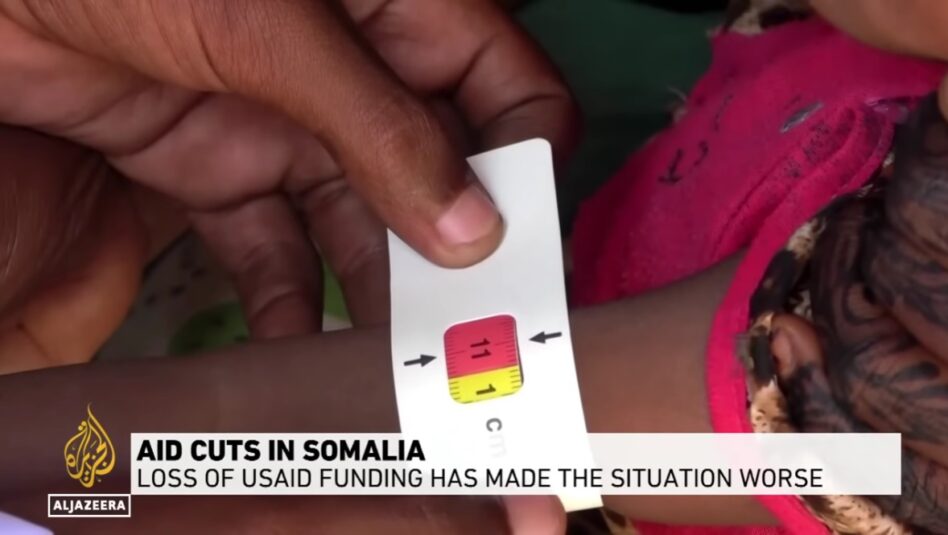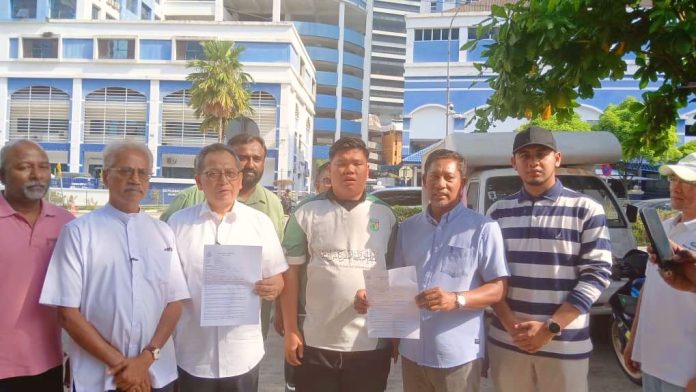By Dominic Tham
FOR about a year, almost all tertiary students in Malaysia have been following classes online due to the COVID-19 pandemic.
But this arrangement is not likely to stay long as there are major impediments with online learning, especially since Malaysia will be receiving the delivery of its COVID-19 vaccines soon, a first step in restoring “normalcy” in the country.
Be that as it may, the Ministry of Higher Education (MOHE) needs to be more proactive in alleviating the plight of students. The Ministry has been accused of not being on the ball with its COVID-19 responses.
It’s Minister Datuk Seri Dr Noraini Ahmad still cannot shake off the image as a Tik Tok Minister after her ill-advised plea last year for students holed up in hostels to record video in the popular video-sharing platform, when they were already seething with with anger over the ministry’s haphazard COVID-19 policies.
Recently, Suara Mahasiswa, a body representing tertiary students, has asked the MOHE to come with clearer guidelines on the students’ scheduled return to campuses from early March.
While the Ministry has issued SOPs on social distancing on campuses, it has been silent on students’ hostels and living quarters. The last thing we want is a repeat of the explosion in COVID-19 infections like the ones we saw involving foreign workers’ dormitories.
Like foreign workers, many students also stay in cramped living conditions to save on rental. It is common for four or five students to share a small room.
Some landlords renovate their homes to maximise the number of tenants they can rent their properties out. These then become fertile grounds to spread COVID-19, which has killed millions worldwide.
Another area the MOHE needs to look into is how to enhance the learning experience with so many physical distancing rules enforced. A large part of learning in universities is the classroom experience where students can interact and learn from the cultures and experiences of each other, especially those from foreign lands.
There are limitations to such interactions if students and lecturers are only connected remotely with each other. Discussions and lesson deliveries via video conferences cannot be as effective as that done in conventional lecture halls or tutorial rooms.
As a result, there has been a sharp decline in the number of foreign students enrolling in Malaysia following the movement control order (MCO). They have no reason to be physically present in the country, if they are just going to end up doing online classes here.
This is disconcerting as private education contributes significantly to our gross domestic product (GDP). In 2018, the sector brought in RM31.5 bil in tuition fees and cost of living to the economy.
With Malaysia aspiring to be a regional education hub, MOHE needs to quickly come up with an effective post-pandemic recovery plan to turn the industry around. – Feb 15, 2021
Dominic Tham is an avid FocusM reader.
The views expressed are solely of the author and do not necessarily reflect those of Focus Malaysia.









